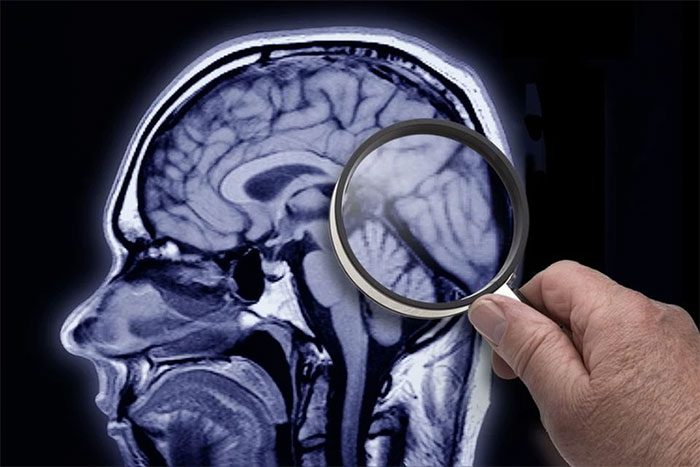The Havana Syndrome is believed to be caused by invasive sounds and pressure leading to unusual health issues, with typical symptoms including migraines, nausea, nosebleeds, memory loss, and more.
Scientists from the National Institutes of Health (NIH) in the United States found no significant evidence of brain injury in the cases referred to as “Havana Syndrome” reported since 2015.
This finding is part of a study published on March 18 in the American Medical Association’s specialized journal.

(Illustrative image: Getty).
According to reporters in the Americas, the research report states: “In this exploratory study, there were no significant differences between individuals reporting unusual health incidents and matched control participants in most clinical measures, research, and biomarkers, except for objective measures and self-reported symptoms such as dizziness, fatigue, psychological trauma, and depression.”
The U.S. government has reported numerous cases of symptoms known as “Havana Syndrome” since 2015.
This illness is thought to be caused by invasive sounds and pressure leading to unusual health issues, with typical symptoms including migraines, nausea, nosebleeds, memory loss, dizziness, pain, visual problems, and cognitive dysfunction.
U.S. authorities have ruled out the possibility that the so-called “Havana Syndrome” is the result of a campaign conducted by a foreign government, countering previous speculations in earlier reports.
The study was conducted from June 2018 to July 2022 involving 86 U.S. government officials and their relatives in Austria, China, and Cuba.
Joining as a control group were 30 individuals who also worked in locations where incidents were reported but had not experienced health issues.
These participants underwent a series of clinical tests, including auditory, balance, visual, neuropsychological, and blood tests, as well as biomarker assessments and magnetic resonance imaging (MRI) to investigate brain volume, structure, and function.
According to Dr. Leighton Chan, a scientific research expert at the NIH Clinical Center and the lead author of one of the published studies on this topic, the research team did not identify significant differences between participants who experienced unusual health incidents and the control group.
Dr. Leighton Chan stated that the aforementioned symptoms are real, disrupt the lives of those affected, and can be long-lasting, potentially leading to disability. However, if the symptoms are caused by some external phenomenon, they should not lead to such persistent physiological and pathological changes.
The “Havana Syndrome” was the reason the U.S. reduced the number of staff at its diplomatic mission in Havana, Cuba, to a minimum in 2017, although the local government has repeatedly denied allegations of conducting “acoustic attacks” or any similar actions causing this mysterious illness.
Many U.S. diplomats in Russia, Tajikistan, Austria, and several African countries have also reported similar symptoms, including nausea and dizziness.
Approximately 1,500 cases of “Havana Syndrome” have been reported by U.S. government agencies over the past years.
Seven out of 18 U.S. intelligence agencies have participated in the investigation of this syndrome for two years across more than 90 countries, including the U.S., but no reliable evidence has been found to suggest the existence of “weapons or devices” that could cause such symptoms.


















































